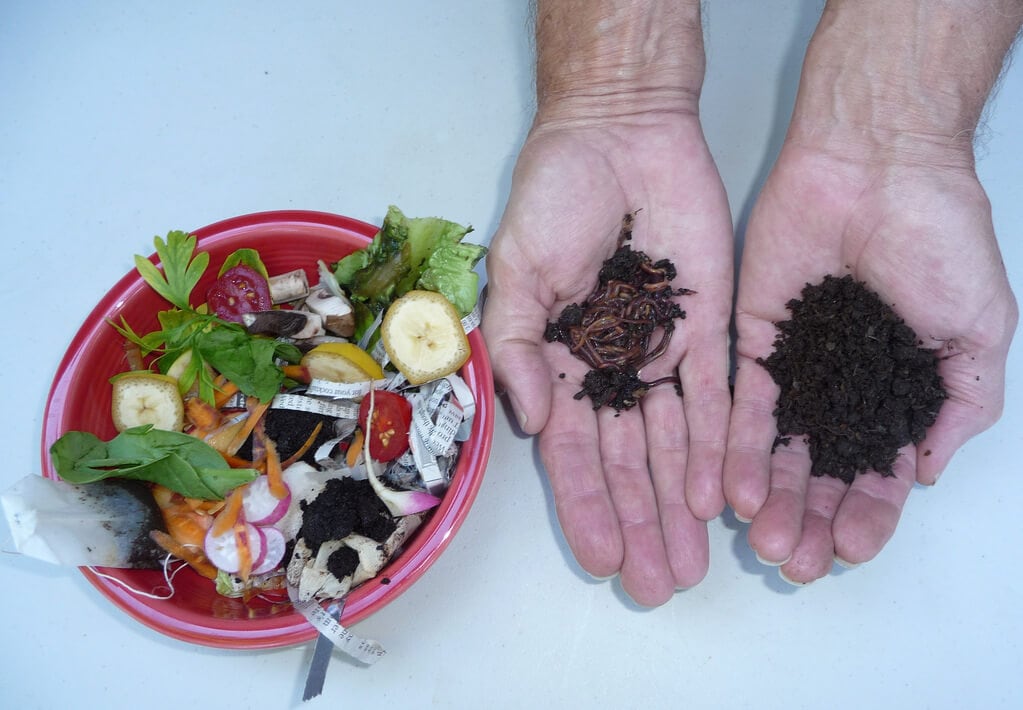Composting Methods for Small Spaces
Composting is a natural process that converts organic waste into nutrient-rich fertilizer for plants. It not only helps in reducing waste but also improves soil health and promotes sustainable living. While composting may seem challenging in small spaces, there are several methods available that can be easily implemented to create a successful composting system.
1. Indoor Composting:
For those with limited outdoor space or living in apartments, indoor composting offers a convenient solution. One popular method is vermicomposting, which uses earthworms to break down organic matter. To start, you’ll need a worm bin made of plastic or wood with good drainage and ventilation.
Choose red worms (Eisenia fetida) or tiger worms (Eisenia Andrei), as they are well-suited for decomposing kitchen scraps. Place shredded newspaper or cardboard as bedding material inside the bin and moisten it lightly before adding the worms.
Feed your worms with fruit and vegetable scraps, coffee grounds, tea bags (without staples), crushed eggshells, and small amounts of non-greasy food scraps like pasta or rice. Avoid meat, dairy products, oily foods, and pet waste as these can attract pests or produce odor.
Remember to maintain proper moisture levels by misting water occasionally. The worms will consume the organic matter and convert it into nutrient-rich castings known as vermicompost. Harvest the finished compost every few months by gently separating it from the bedding material.
2. Balcony/Patio Composting:
If you have access to an outdoor space like a balcony or patio but limited ground area, container composting is an excellent option. Start by selecting a suitable container such as a large plastic bin with drainage holes at the bottom.
Layer dry carbon-rich materials like leaves, shredded newspaper/cardboard at the base of your container followed by green nitrogen-rich materials such as kitchen scraps, grass clippings, or garden waste. Continue layering until the container is full, making sure to add water intermittently to maintain moisture levels.
Turning the compost occasionally using a pitchfork or shovel will help with aeration and decomposition. Within a few months, you’ll have rich, dark compost ready for use in your potted plants or small garden.
3. Trench Composting:
Trench composting is an effective method for small spaces without access to containers. It involves digging trenches directly into your garden beds or planting areas. Start by digging a trench about 8-10 inches deep and as long as needed.
Add layers of kitchen scraps and other organic materials into the trench, alternating between green nitrogen-rich materials (grass clippings) and dry carbon-rich materials (leaves). Cover each layer with soil before adding the next one to prevent pests from being attracted to the site.
Once filled, cover the trench with soil and leave it undisturbed for several weeks while nature takes its course. Over time, the organic matter will decompose and enrich the surrounding soil.
4. Bokashi Composting:
Bokashi composting is an anaerobic fermentation process that utilizes beneficial microbes to break down organic matter quickly. This method is ideal for those living in apartments or anyone looking for a low-maintenance option.
To start bokashi composting, you’ll need a specialized bin called a bokashi bucket equipped with an air-tight lid and drainage spigot at the bottom. Layer kitchen scraps such as fruit peels, vegetable trimmings, coffee grounds, etc., inside the bucket along with bokashi bran—a mixture of beneficial microorganisms.
After adding each layer of food waste, sprinkle some bokashi bran on top before closing the lid tightly to create an oxygen-free environment that promotes fermentation rather than decomposition. Drain any excess liquid through the spigot regularly.
Once filled up completely, allow the contents to ferment for a couple of weeks. The resulting pre-compost can be buried in a garden bed or added to an outdoor compost pile where it will continue decomposing into nutrient-rich compost.
In conclusion, composting is feasible even in small spaces through various methods such as indoor vermicomposting, balcony/patio container composting, trench composting, and bokashi composting. By implementing these techniques, you can turn your organic waste into valuable fertilizer while contributing positively to the environment and promoting sustainable living practices.


Leave a comment